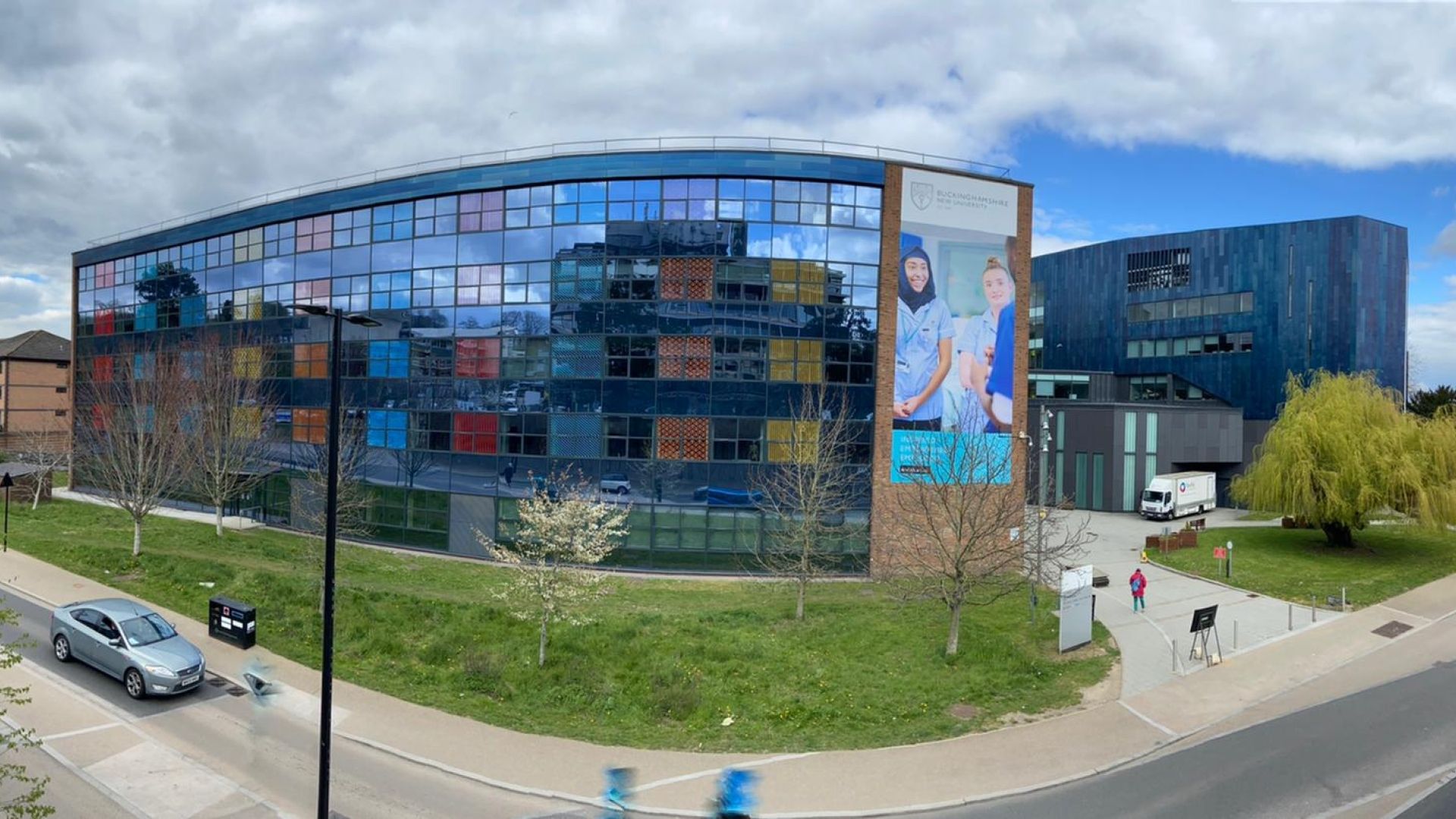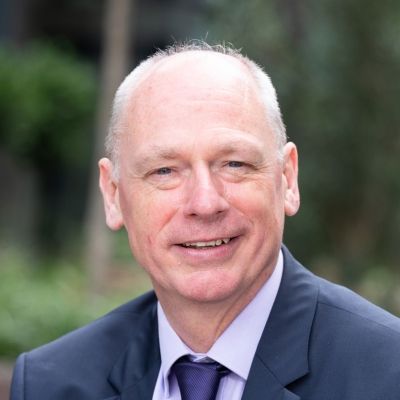
BNU invites local community to join debate on eradicating food poverty in Wycombe
A public debate on eradicating food poverty in Wycombe takes place later this month and we're urging the local community to come along and share their views.
A recent report from the University of Sheffield highlighted how the most ethnically diverse and deprived area in Buckinghamshire has the UK’s highest levels of ‘food insecurity’ – the inability to consistently afford, access and utilise the food needed to maintain good health and wellbeing.
The report estimates that: 14% of people in Wycombe are hungry; 29% struggle to access food; and 22% worry about having enough food. These alarming figures come as the COVID-19 pandemic’s universal credit uplift of £20 a week for low-income families and the coronavirus job retention (furlough) scheme have ended. Recent increases in food, petrol and energy prices mean that more families will be threatened by poverty as winter beckons.
The debate will be chaired by BNU’s Vice-Chancellor, Professor Nick Braisby, and panellists include representatives from Buckinghamshire Council, One Can Trust, Wycombe Women’s Aid, Wycombe Food Hub, Heart of Bucks and Khepera CIC. The debate aims to shed light on the nature of the challenges facing Wycombe residents, as well as inform actions to address food poverty locally.
BNU and the University’s Students’ Union already play their part in tackling different types of poverty among students and the local community. Last year, they joined forces with the Beauty Banks charity to help local people living in hygiene poverty with its Give to Refresh initiative. The university also runs a Bucks New Usage scheme at its High Wycombe campus that upcycles student donations of household items for fellow students, with any remaining items donated to YMCA High Wycombe.
A recent joint initiative by the university and Bucks Students’ Union is tackling period poverty among students and staff, while food banks are available for students who need them at both the University’s High Wycombe and Uxbridge campuses. During October half-term last year, Bucks SU opened its onsite café to provide school-aged children in need with a free hot meal throughout the week using donations from online fundraising.
“This important debate comes at a difficult time for our community with families facing a loss of income as the cost of living rises for everyone. As an institution, we do everything we can to support our students facing financial difficulties – many of whom come from Wycombe and local surrounding areas. As a civic University, we are keen to do whatever we can to support our local community too. I hope that anyone who is interested in contributing their experiences, expertise and ideas to addressing food poverty in Wycombe will come along to have their say and listen to others.”Professor Nick Braisby Vice-Chancellor, BNU

Graham Peart, Chair of One Can Trust, said: “One Can Trust, the Wycombe food bank, has collected valuable statistical data over 10 years while supplying emergency food parcels to those in need across South Bucks. Research continues by calling clients to establish the causes of their poverty and where appropriate, offering further assistance to assist transition to a more stable financial position. Evolving data suggests that a fundamental transformation in the approach to relieving poverty could deliver encouraging results.”
Chairman for the High Wycombe Community Board and Deputy Cabinet Member for Communities, Cllr Arif Hussain said, “We are very aware that a number of people across Buckinghamshire and in particular in the Wycombe area are struggling with household costs and ensuring they are able to get food on the table. We have been working closely with Voluntary, Community and Social Enterprise organisations to ensure there is support for these households in the short term. It is essential that we develop a model that is sustainable for the medium-long term. This debate will be a great opportunity to hear from local people, groups and organisations about how they think we can collaboratively achieve this, helping people get back on their feet.”